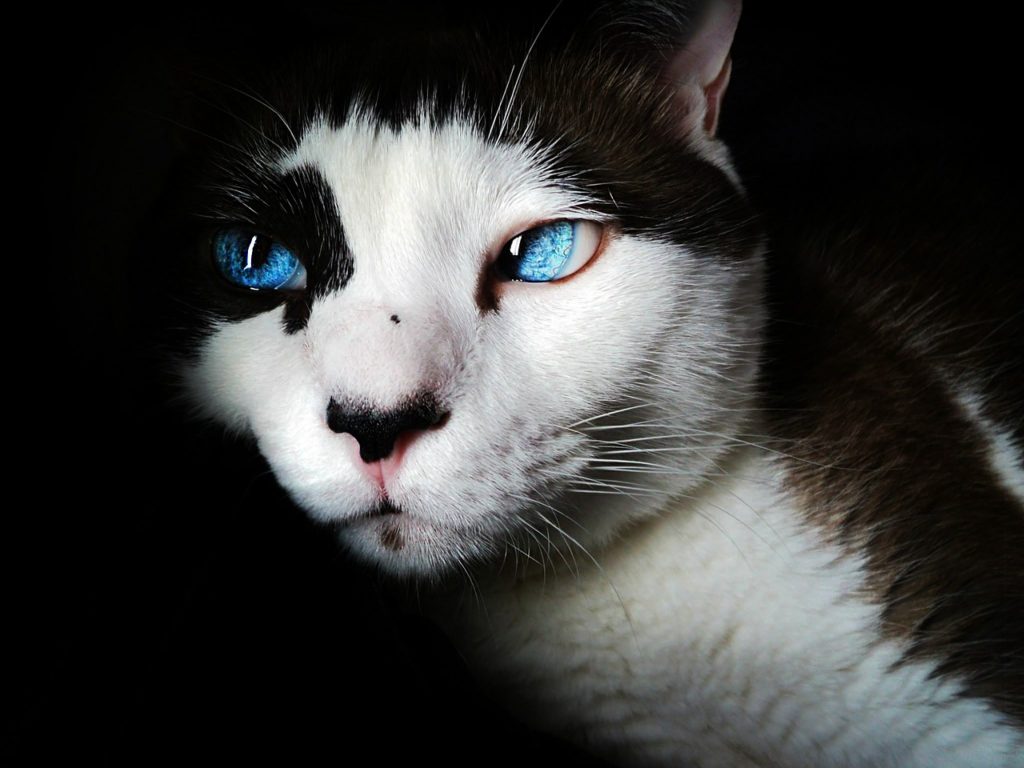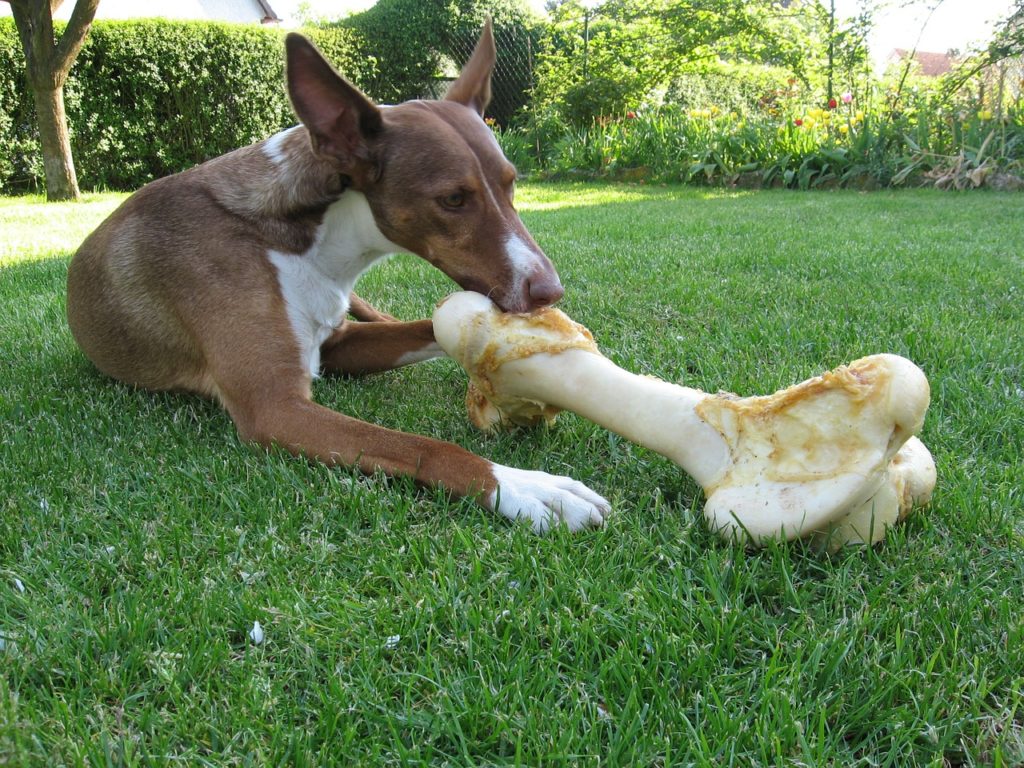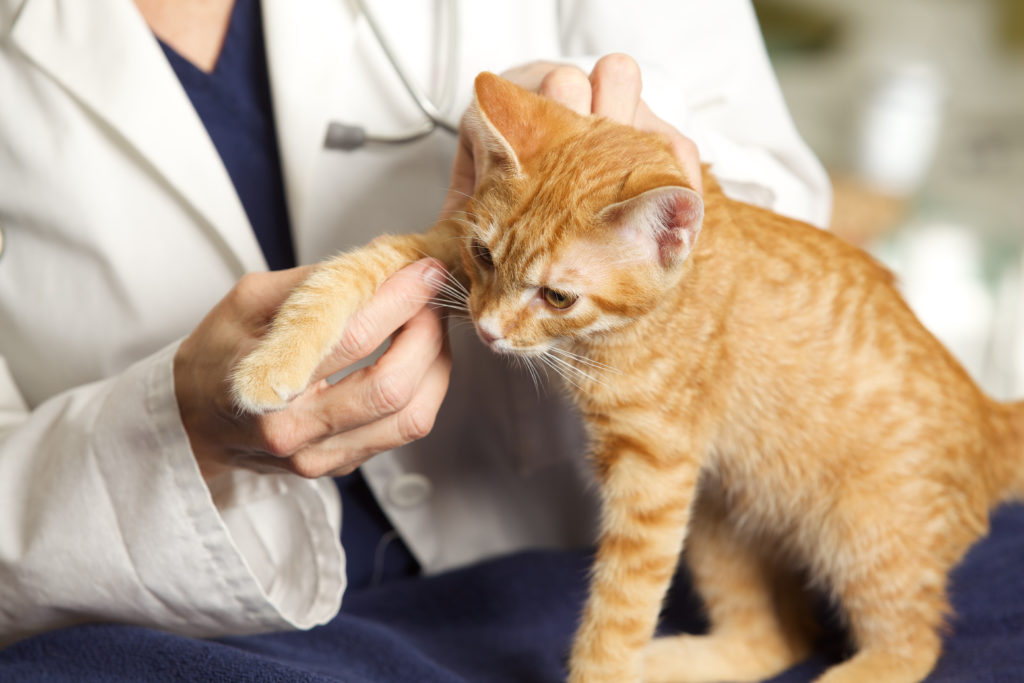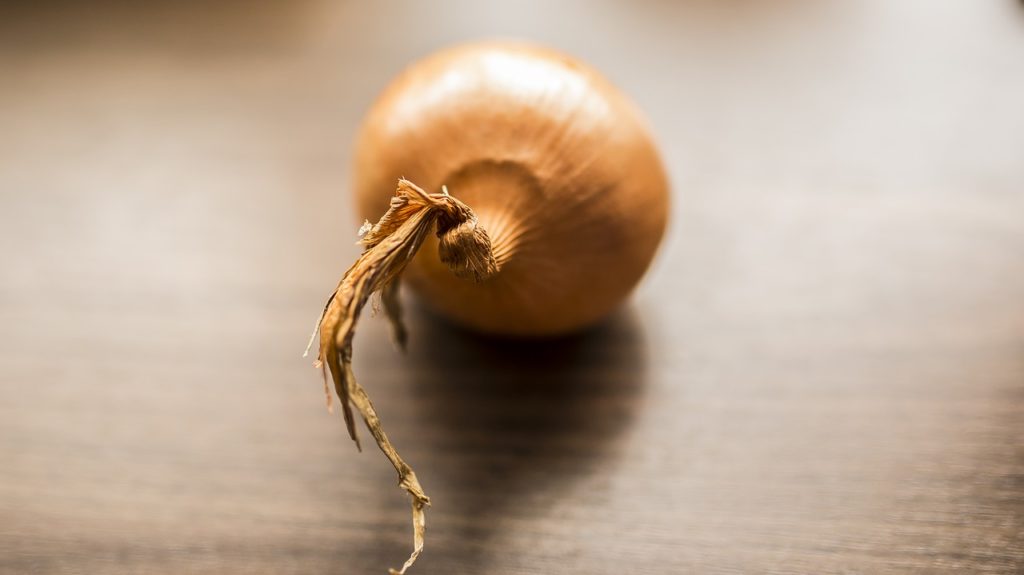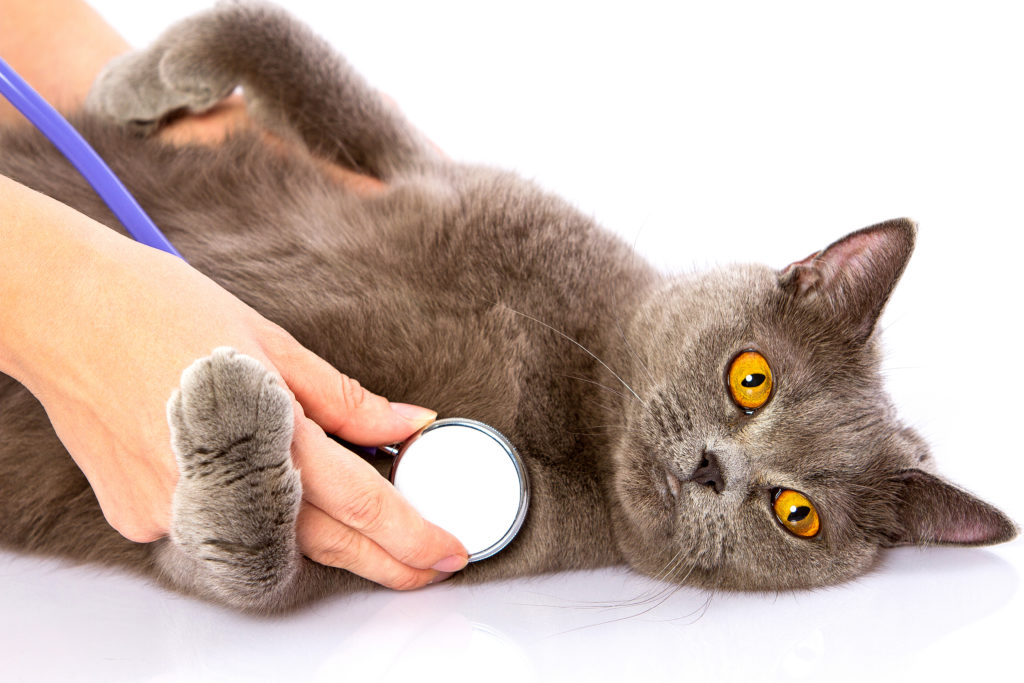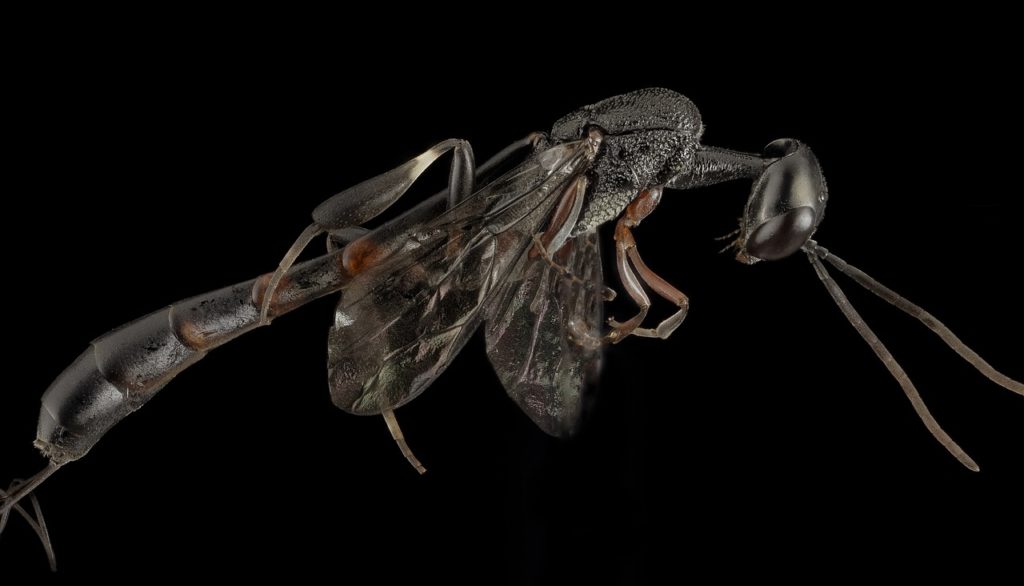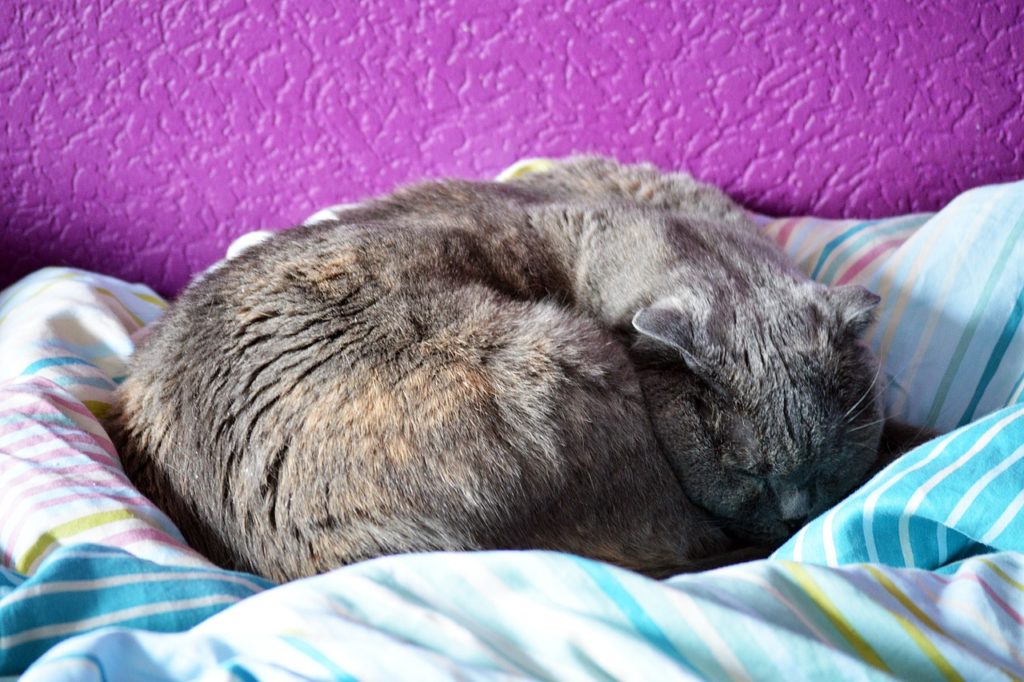What is Toxoplasmosis?
What is Toxoplasmosis? Toxoplasma gondii is a protozoan bug that causes the illness known as Toxoplasmosis. It is concerning to the pets/people relationship because of the risk that cats (who can carry the Toxoplasma bug without any signs of illness) could possibly become a source of infection for pregnant women, with significant risk to the…
Dietary Supplements and Nutraceuticals for Pets
Many of us today have used dietary supplements to treat our own health concerns, and have experienced the benefits that these supplements provide in dealing with everything from arthritis to dry skin. So it’s easy to understand why pet owners are interested to know if there are any supplements that can be of benefit to…
What is AAHA Accreditation?
If you have been in the hospital or on our website lately, you may have noticed that we have recently been accredited by AAHA. So what some of you might be wondering is… who/what is AAHA and why is Frontier interested in membership and accreditation with that particular organization? There are many reasons, and in…
Onion & Garlic Poisoning
Are both garlic and onions toxic? What kinds of onions are toxic? Garlic and onions, as well as other plants of the Allium species (leeks, chives) in either fresh, dried, or powdered forms are toxic to both dogs and cats. Garlic is more toxic than onions – with raw garlic, toxic ingestion is around 1 gram…
Pet Vacation Checklist
A couple of weeks ago I was making a checklist for a vacation that I was taking with my family. An important item on my checklist prior to leaving was instructions for my pet sitter on how to take care of my “furry kids” while I was away. Since I was going to be in…
Coccidia and Giardia – The “Non-Worm” Parasites
If they aren’t worms, what are Coccidia and Giardia? Giardia and Coccidia are intestinal parasites. However, unlike what we commonly consider a “worm” – like roundworms, hookworms, whipworms and tapeworms – giardia and coccidia organisms are small, microscopic organisms that do not develop into visible worms. Giardia organisms are protozoan parasites that, when mature, have…
My Pet Has TAPEWORMS?!?
What are tapeworms? The adult Dipylidium caninum lives in the small intestine of dogs or cats. It is hooked onto the intestinal wall, and once docked to the host’s intestinal wall the tapeworm begins to grow a long tail. Each segment making up the tail is like a separate independent body – each segment has…
Why did my pet have a seizure?
A seizuring pet can be a very scary experience for both the pet and the pet owner. So we asked Dr. Yung to explain more about seizures and what to do if you think your pet is having one. WHAT: Seizures are any involuntary activity that occurs abnormally. Most often in our patients, we encounter…
How did my pet get diabetes?
The most common form of Diabetes is called Diabetes Milletus. DEFINITION: Cells of the body require sugar. Diabetes Mellitus is a disease where the pancreas has an inability to secrete insulin (Insulin Dependent Diabetes), or from the decreased action of insulin in the tissues (Non insulin dependent, insulin resistant) Insulin is a hormone that causes…
How did my cat get urinary tract disease?
We will explore what feline lower urinary tract disease is, the symptoms, how and who gets these infections, the diagnosis, and treatment, as well as prognosis for recovery. WHAT: Notice that the title of this was NOT “lower urinary tract infection” in cats – because cats rarely get that uncomplicated lower urinary tract infection as…
What's Next
Call us or schedule an appointment online.
Meet with a doctor for an initial exam.
Put a plan together for your pet.



